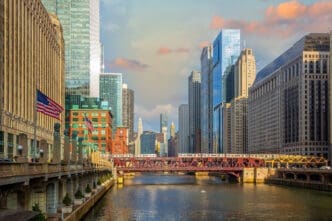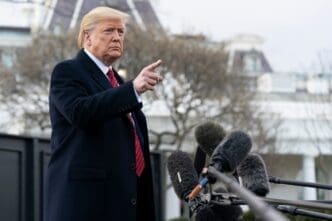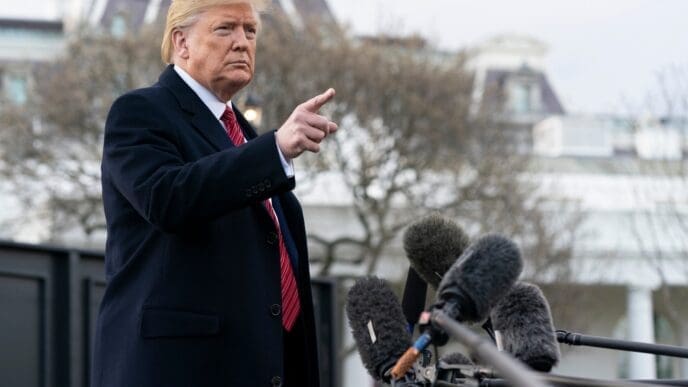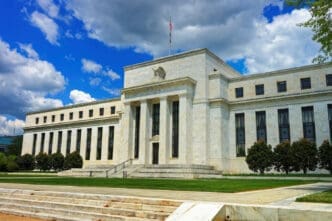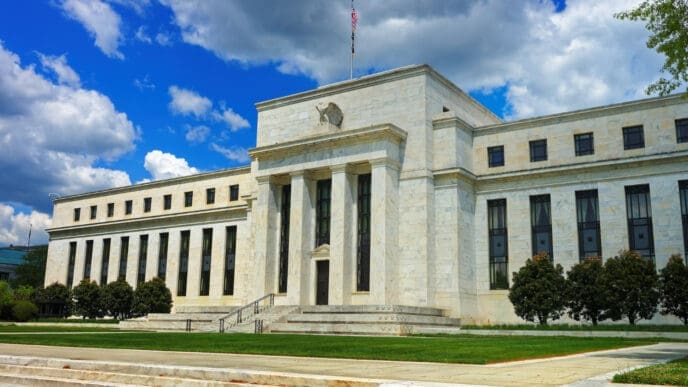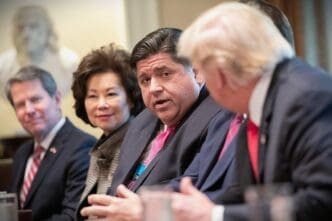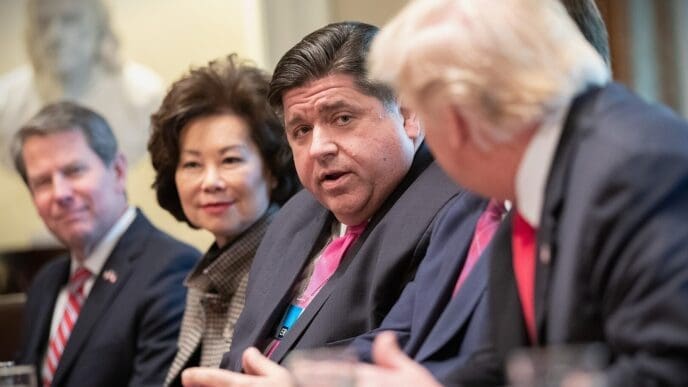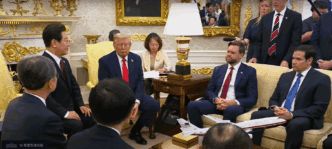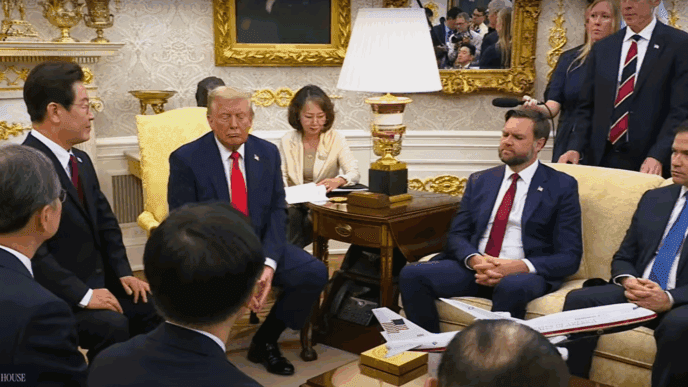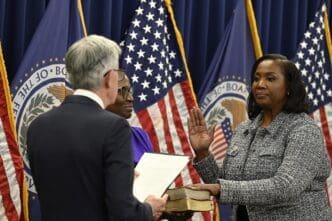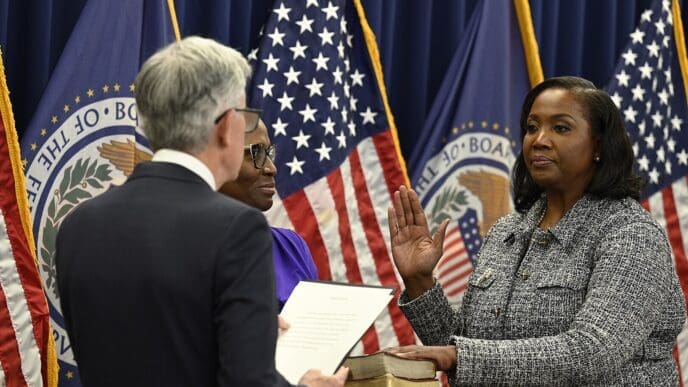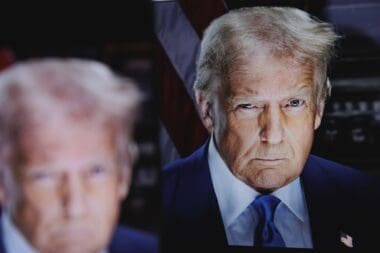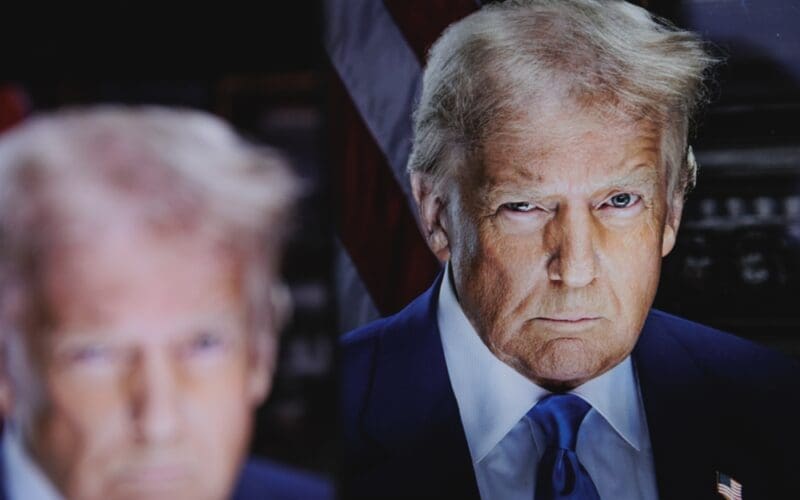Executive Summary
The Story So Far
Why This Matters
Who Thinks What?
A growing political confrontation between President Donald Trump and Illinois Governor JB Pritzker over the potential deployment of the National Guard to Chicago is escalating, raising concerns about a significant national crisis regarding federal authority and states’ rights. The standoff centers on President Trump’s stated intention to send federal troops into the city for a law-and-order crackdown, a move Governor Pritzker has vehemently rejected, asserting that President Trump is “neither wanted here nor needed here.” This dispute highlights fundamental tensions within the American system of governance, drawing comparisons to historical moments involving federal enforcement and state sovereignty.
Political Motivations and Strategic Alignment
The escalating showdown is viewed by some as a politically convenient feud for both leaders. President Trump often thrives on having an adversary, and his political appeal frequently relies on demonstrating strength against challenges. Governor Pritzker, a potential Democratic presidential hopeful, benefits from showing defiance to President Trump, particularly as other possible rivals for future nominations, such as California Governor Gavin Newsom, have also taken strong stances.
President Trump’s Law-and-Order Push
President Trump has indicated his intent to use Chicago as a test case for his “law-and-order” approach, following previous deployments of troops in Los Angeles and Washington, D.C. His remarks, including a denial of being a “dictator” while acknowledging some might desire one, have fueled concerns regarding his plans and a perceived effort to normalize the presence of military personnel in domestic law enforcement roles.
Constitutional and Legal Hurdles
The deployment of the National Guard over a state governor’s objections is generally reserved for specific, rare situations outlined in Title 10 of the US Code, such as invasion, rebellion, or to execute federal laws. Critics argue that the current situation in Chicago does not align with these conditions, which differ from the federal jurisdiction in Washington, D.C., or the protection of federal buildings in Los Angeles. Mayor Brandon Johnson of Chicago has characterized President Trump’s proposal as a “military occupation” of American cities, indicating the likelihood of vigorous legal challenges from state and city authorities.
Expanding Executive Power
California has already initiated a legal challenge to President Trump’s federalization of the National Guard, a case that could establish precedents for other states. President Trump also announced an executive order to create a trained National Guard rapid response force, aiming for a broader domestic role for the Guard typically reserved for national disasters. This move, coupled with his past declarations of national emergencies to expand executive powers, raises questions about the potential for politically motivated deployments.
Long-Standing Criticism of Chicago
President Trump has frequently criticized Chicago, citing its murder rate in his 2016 Republican National Convention speech and often portraying the city in negative terms. He recently described Chicago as a “killing field,” suggesting that a federal military operation in local law enforcement would align with a long-held political objective and reinforce his image as a decisive leader appealing to his political base.
Democratic Resistance and Counter-Arguments
Democratic governors have strongly pushed back against President Trump’s intentions. Governor Newsom accused President Trump of using the military as a “private army,” while Maryland Governor Wes Moore criticized him for attempting to attack major cities “from behind a desk.” President Trump responded by referring to Baltimore as a “horrible death bed,” although Mayor Johnson countered that Chicago is not among the 20 most dangerous cities in the U.S.
Political Strategy and Public Perception of Crime
President Trump views the issue of crime as a significant political advantage, labeling it an “80/20” or “97/3” issue where Republicans are perceived as tougher. Polling data, such as a May CNN/SSRS survey, suggests that a larger percentage of Americans align with the Republican Party on views concerning crime and policing. This strategy aims to portray Democrats as overly concerned with constitutional “technicalities” rather than the safety of citizens.
The Conundrum for Democratic Leaders
Democratic governors like Pritzker face the challenge of opposing President Trump’s perceived power grabs without appearing lenient on crime. This task is complicated by the divergence between crime statistics, which may show declining rates in cities like Washington, D.C., and Chicago, and the public’s perception of safety, influenced by persistent high homicide numbers. Former Minnesota Governor Tim Pawlenty has argued that years of high crime justify a federal crackdown, despite recent reductions from elevated baselines.
Broader Implications of Trump’s Approach
President Trump has a history of highlighting voter concerns that other political leaders may have overlooked, such as undocumented migration or the economic impact of globalization. Crime may represent another such issue. However, critics note that his proposed “crackdowns” often target Democratic-run cities, even when some cities in GOP-led states may have higher violent crime rates, leading to questions about his motives and respect for legal and constitutional boundaries.
The escalating dispute between President Trump and Governor Pritzker represents more than a political rivalry, touching upon fundamental questions of executive authority, states’ rights, and the role of the military in domestic law enforcement. As President Trump continues to test the boundaries of presidential power and Democrats push back, the situation underscores the ongoing debate over public safety strategies and the constitutional framework governing federal-state relations.

